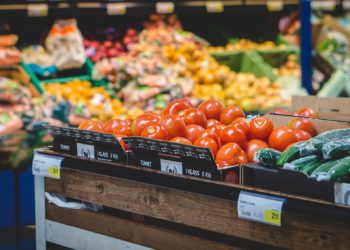Rising food prices push inflation back to 10.1%
The largest upward effects came from bread and cereals, meat products, and milk, cheese and eggs

Inflation has returned to the 40-year high of 10.1% in September, up from 9.9% in August, with rising food prices as the main contributor, according to the latest figures from the Office for National Statistics (ONS).







